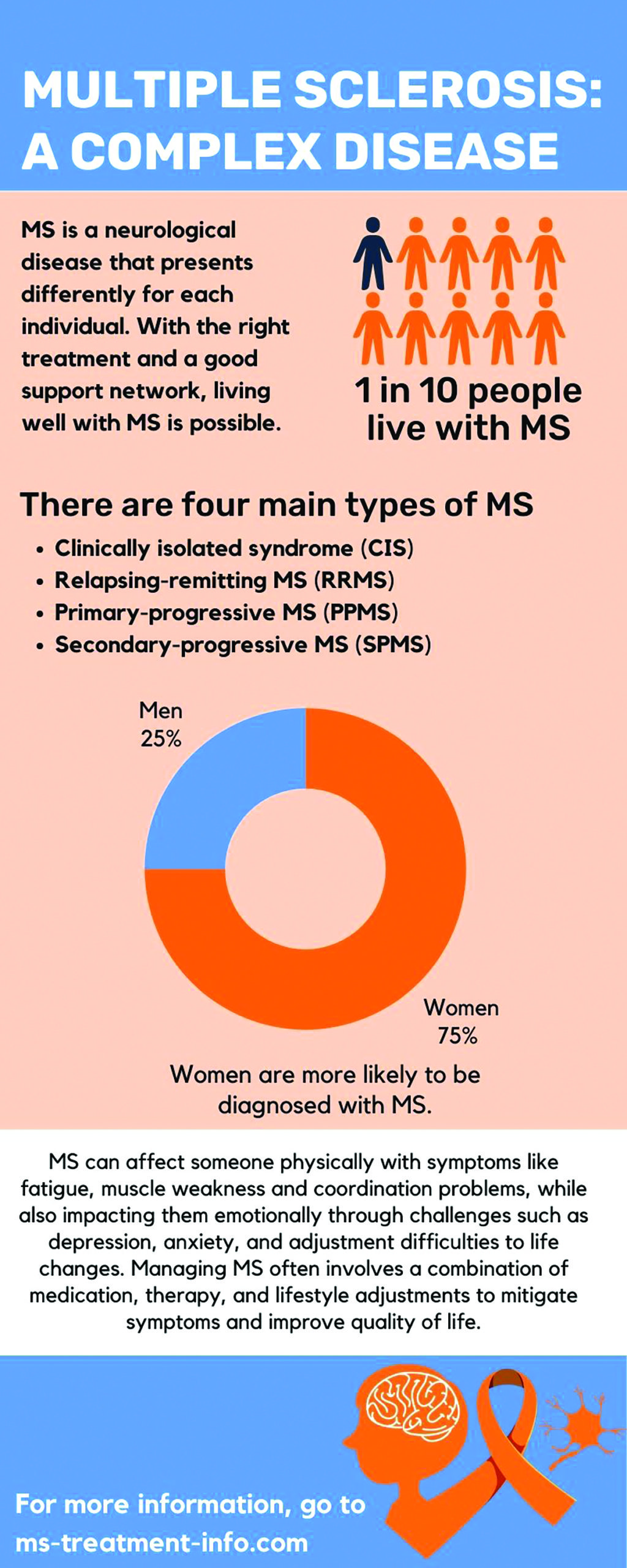
Have you ever stopped to think how much you communicate on a given day? The truth is you’d be astonished at how much you communicate in a 24-hour period. Communication is a vital part of living, and even when you aren’t saying anything your nonverbal signals are sending a message to be decoded by others.
For this very reason, I believe that everyone should have the chance to further their understanding of how we communicate. There are classes held on campus that students can take for their Essential Learning requirements such as Speechmaking (SPCH 102) or Interpersonal Communication (SPCH 101). These two classes are so important – yet are so easily overlooked.
For those students, though, who do take either of these classes, they will come out a more well-rounded student and person than before. So why am I talking about these two specific classes? These classes are two core classes for the Communication Studies minor on campus.
This minor is a hidden gem amongst the many degrees offered. It encompasses communication through conflict, communication through leadership, cross culture communication, nonverbal communication, debate, persuasion and much more.
Why are these skills so important? Well, I can guarantee in almost any career you go into, you will be communicating to some degree. It may be dealing with a conflict at work or talking to someone with an entirely different culture than yours. One of these skills will become ever so important in your future career.
Communication instructor DeArtha Chambers says, “A Communication Studies minor will enhance your degree. It will give you an edge in the job market. When an employer looks at similar resumes with the same skill sets and credentials, this degree can set you apart.”
While most degrees are not entirely broad and more specific, communication is broad enough to be encompassed into multiple degrees, such as business, criminal justice, kinesiology, mass communication and so on. This degree can and will enhance any major it is paired with.
When asked why Communication Studies was so important in the job market and how it can better your chances in getting hired, Chambers pointed to the academic journal, “Why Communication is Important: A Rationale for the Centrality of the Study of Communication” by authors, Shewyn Morrale, Michael Osborn and Judy Pearson.
The article said, “Competence in oral communication – in speaking and listening – is prerequisite to students’ academic, personal, and professional success in life.” So, Communication Studies doesn’t just help your chances of getting hired but also helps with academic and personal success.
I can testify that this minor is life changing. I began my study of communication last academic year and it has completely changed my life. I used to be terrified of speaking publicly, and now I can talk in front of anyone with no hesitation.
This degree has also helped me learn how to relate to people. In Interpersonal Communication, students are taught how people communicate and the reasons why we interact. This course opened my eyes to how I communicated, from the way I speak to even the smallest details, like the way I sit.
I would argue that this minor is probably one of the most important minors on campus. It is life changing, and in a way, it’s even eye-opening. Communication is an essential part of life, and I believe studying it helps people become better versions of themselves. If you have an Essential Learning Humanities spot open in your Degreeworks, I highly recommend you take SPCH 101 or SPCH 102 and see how it can change your college career.





